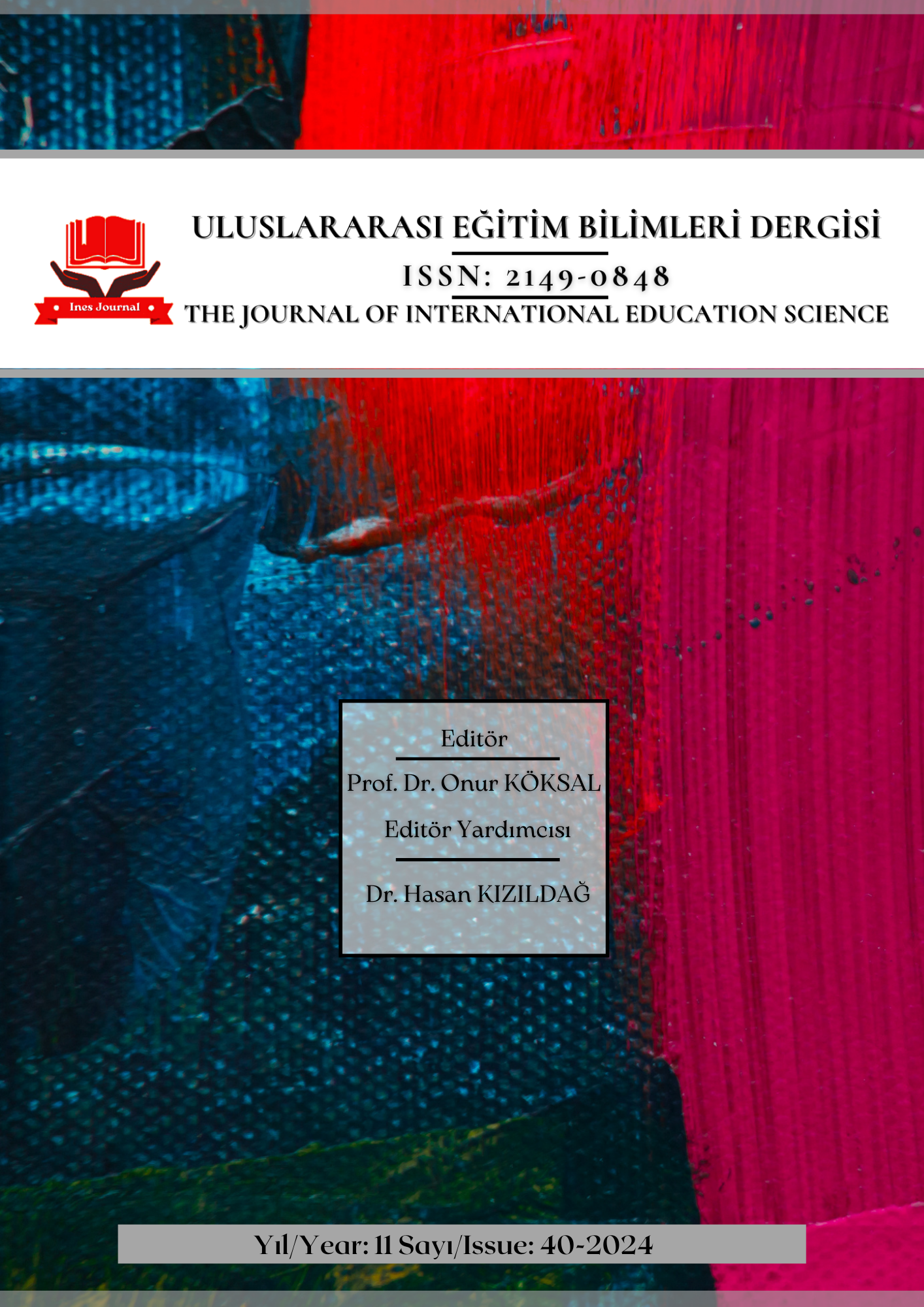Geri Dönüşüm Konusunda Fen Bilgisi Dersi Öğrencilerinin Kavram Haritaları ve Öğretmen Gözüyle Değerlendirilmeleri
Author :
Abstract
Kavram haritaları, bir konuyu/problemi basit bir adımdan daha karmaşık olacak adımlara doğru götüren, öğrencilerin bu süreçte şema yaparak, öğrenmelerini kolaylaştıran bir öğrenme/öğretme tekniğidir. Toplumda güncel konuları/problemleri fark ettirmek, bu konulara/problemlere yönelik çözüm üretmek adına, çocukluk döneminden itibaren öğrenilen kavram haritaları çok değerlidir. Toplumsal farkındalık ve bilinçlendirme adına “geri dönüşüm” konusunda da; öğrencilerin olumlu tutum ve davranış kazanmasına yönelik kavram haritaları yaptırılabilir. Böylelikle, geleceğin yetişkini olacak çocuklar için çevre bilincini güçlendirmek, sağlıklı atık yönetimini sağlamak, sürdürülebilir ve yaşanılabilir bir dünya da birey olmak adına tercih edilen öğrenme yöntemlerinden biri olarak kavram haritaları kullanılabilir. Bu bilgiler doğrultusunda; “Geri Dönüşüm Konusunda Fen Bilgisi Dersi Öğrencilerinin Kavram Haritaları ve Öğretmen Gözüyle Değerlendirilmeleri” konusunda bu araştırma planlandı. Araştırma ilköğretim 4.sınıf öğrencilerine geri dönüşüm ve atık yönetimi konusu fen bilgisi öğretmeleri tarafından anlatıldı. Örnekleme alınan 104 öğrencinin yapmış olduğu konu ile ilgili kavram haritaları okulda sergilendi. İki gözlemci öğretmen ellerindeki kontrol listesiyle tüm öğrencilerin kavram haritalarına farklı zamanlarda incelendi. Elde edilen veriler istatistiksel olarak t testi ile değerlendirildi. Kontrol listesinde yer alan 11 maddeden 7 sinde iki gözlemci benzer ve en ideal puana yakın puan vermişti. Kontrol listesine verilecek en ideal toplam puan 47 iken, ilk gözlemci 42.09; ikinci gözlemci 42.31 puan verdi (p>0.05). Sonuç olarak; fen bilgisi dersinde öğrencilere işlenen atık yönetimi ve geri dönüşüm konusu, öğrencilerin yaptığı kavram haritaları ile öğretilebilir, bu konunun farkındalığı artırılabilir.
Keywords
Abstract
Concept maps are a learning/teaching technique that takes a topic/problem from simple steps to more complex ones, making it easier for students to learn by making schemes in this process. Concept maps learned from childhood are very valuable in order to make current topics/problems in society noticeable and to produce solutions for these topics/problems. In order to raise social awareness and consciousness, concept maps can be made for students to gain positive attitudes and behaviors on the subject of “recycling”. In this way, concept maps can be used as one of the preferred learning methods in order to strengthen environmental awareness for children who will be the adults of the future, to ensure healthy waste management, and to become individuals in a sustainable and livable world. In line with this information; this research was planned on the subject of “Concept Maps of Science Course Students on Recycling and Their Evaluation from the Perspective of Teaachers”. The subject of recycling and waste management was explained to primary school 4th grade students by science teachers. Concept maps related to the subject made by 104 students in the sample were exhibited at the school. Two observer teachers examined all students' concept maps at different times with a checklist in their hand. The data obtained were evaluated statistically with the t test. In 7 of the 11 items on the checklist, two observers gave similar scores and close to the ideal score. While the ideal total score to be given to the checklist is 47, the first observer scored 42.09; The second observer gave 42.31 points (p>0.05). In conclusion; The subject of waste management and recycling, which is taught to students in science classes, can be taught with concept maps made by students, and awareness of this subject can be increased.
